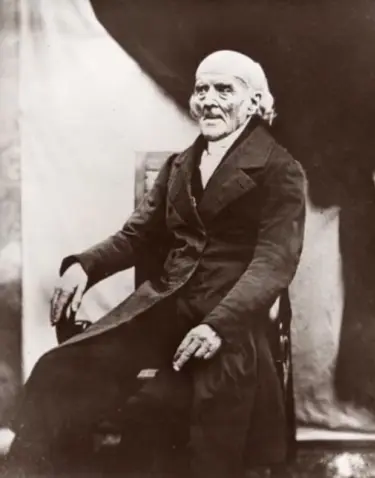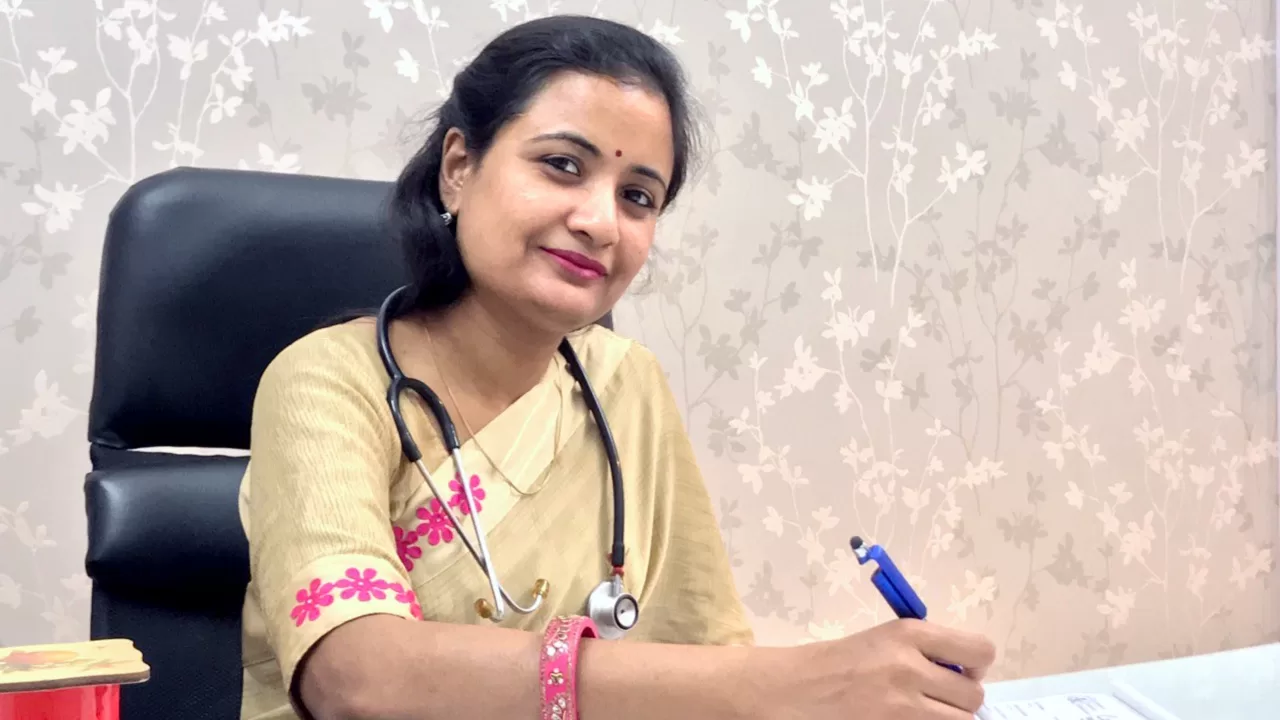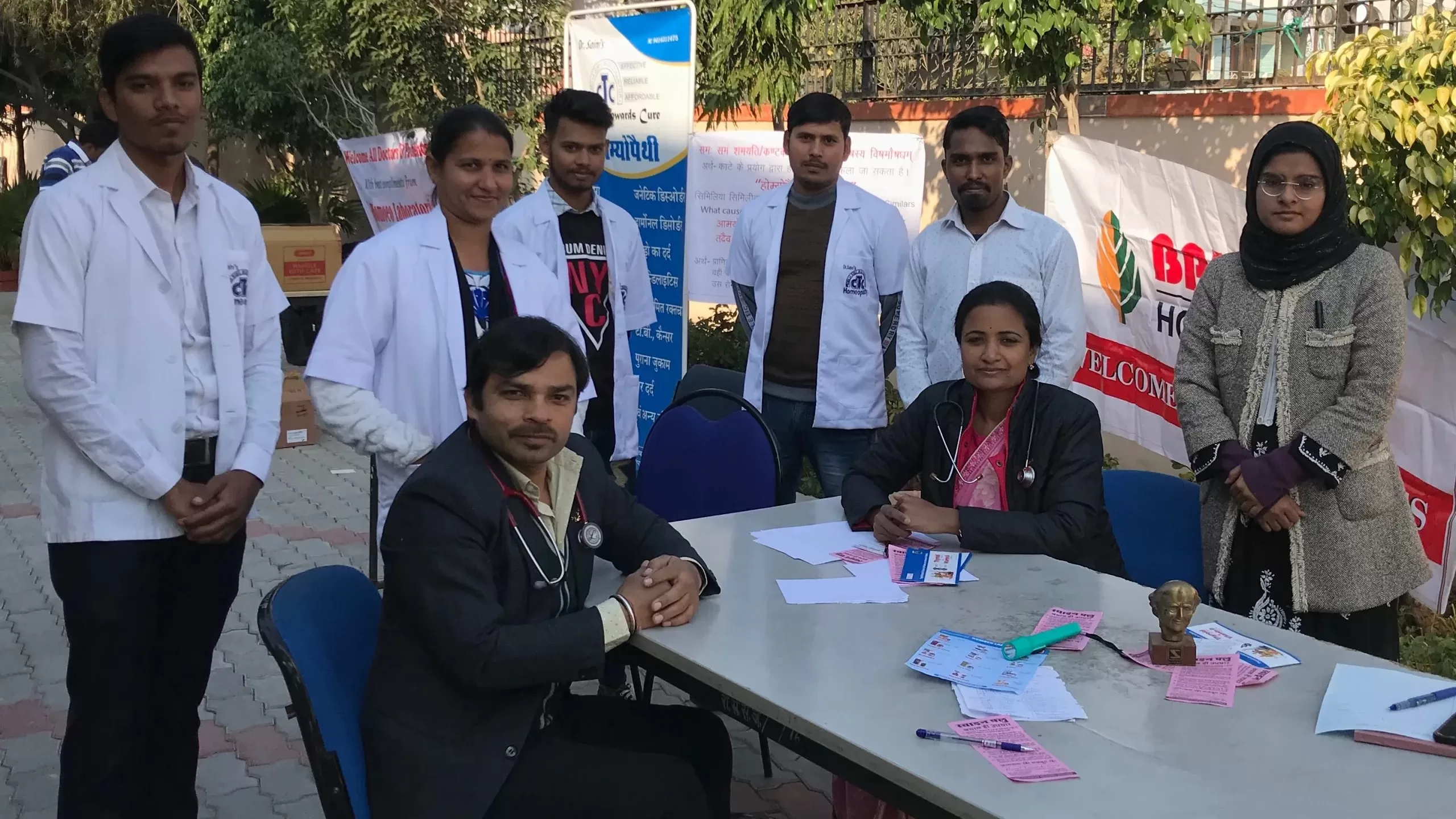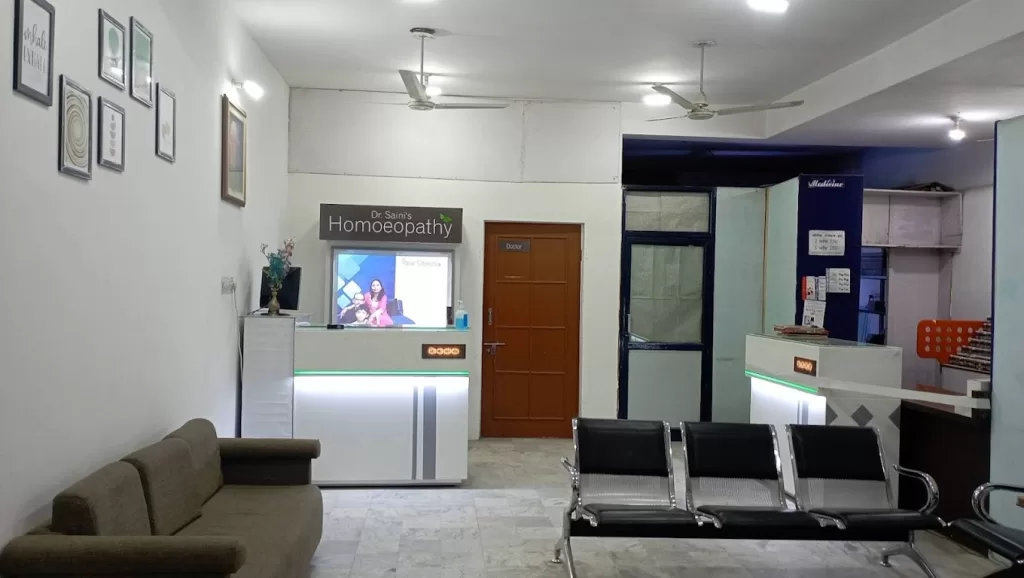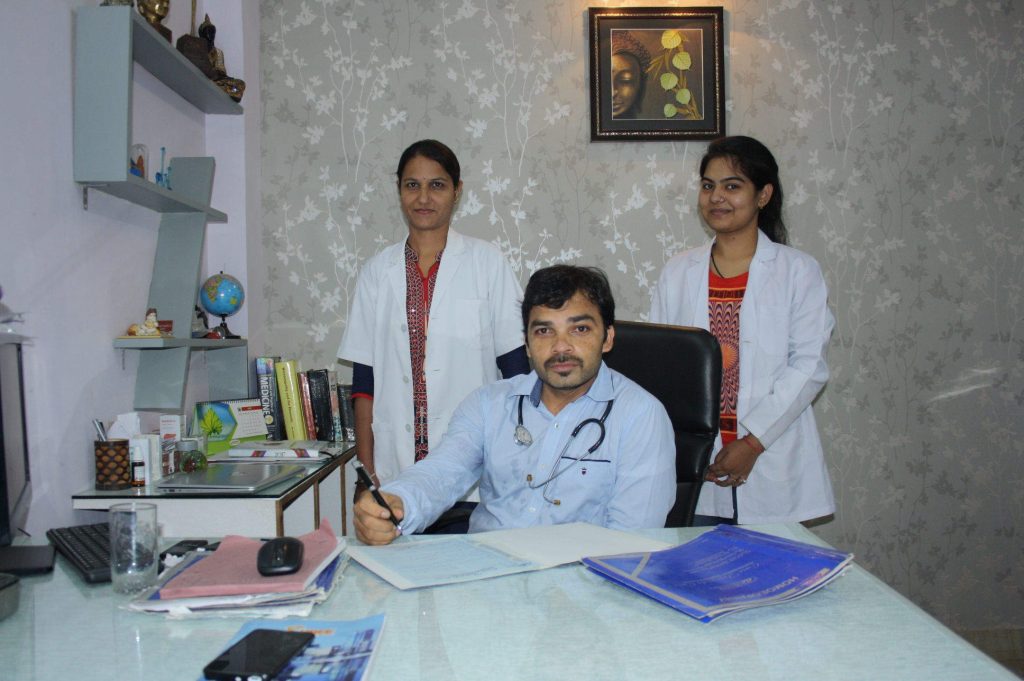Introduction
In today’s fast-paced world, maintaining a robust immune system is more crucial than ever. A strong immune system helps ward off illnesses, keeps you healthy, and enhances your overall well-being. At Care Towards Cure, the best homeopathy clinic in Jaipur, we believe in harnessing the power of homeopathy to naturally boost your immunity and strengthen your body’s defenses.

Understanding the Immune System
The immune system is your body’s defense mechanism against infections and diseases. It comprises various organs, cells, and proteins that work together to protect you. Factors like stress, poor diet, lack of sleep, and exposure to environmental toxins can weaken your immune system, making you more susceptible to illnesses.
The Homeopathic Approach to Immune Support
Homeopathy offers a holistic and personalized approach to boosting immunity. Unlike conventional treatments, which often focus on symptoms, homeopathy aims to treat the whole person. This includes considering your physical, emotional, and mental well-being. At our homeopathy clinic in Jaipur, we tailor our treatments to each individual’s unique health profile.
Key Homeopathic Remedies for Immune Support
- Oscillococcinum: Known for its effectiveness in flu prevention, this remedy can help reduce the severity and duration of flu symptoms.
- Echinacea: This popular remedy is used for general immune-boosting and to ward off infections.
- Thuja: Often used for post-vaccination support, Thuja can help strengthen the immune system.
- Arsenicum Album: Ideal for treating colds and infections, this remedy helps boost the body’s natural defenses.
- Silicea: Known for its overall strengthening properties, Silicea can enhance your body’s resilience to illnesses.
*Above medicines are just for reference and it is important to consult your doctor before taking any medicine.
Lifestyle and Homeopathic Tips for a Strong Immune System
In addition to homeopathic remedies, adopting a healthy lifestyle is key to maintaining a strong immune system. Here are some tips:
- Diet and Nutrition: Eat a balanced diet rich in fruits, vegetables, whole grains, and lean proteins. Foods like garlic, ginger, and turmeric have immune-boosting properties.
- Hydration: Drink plenty of water to keep your body hydrated and support immune function.
- Sleep: Ensure you get 7-8 hours of quality sleep each night to allow your body to repair and regenerate.
- Stress Management: Practice relaxation techniques like yoga, meditation, and deep breathing to reduce stress.
- Exercise: Regular physical activity can enhance your immune system and overall health.
Case Studies and Testimonials
At Care Towards Cure, we’ve helped numerous patients strengthen their immune systems using homeopathy. Here are some success stories:
- Mr. Rajesh Kumar: “After struggling with frequent colds and infections, I visited Care Towards Cure. The personalized homeopathic treatment I received has significantly improved my immunity. I haven’t had a cold in months!”
- Mrs. Meera Sharma: “I was looking for the best homeopathy doctor in Jaipur and found Care Towards Cure. The homeopathic remedies and lifestyle advice I received have made a huge difference in my overall health.”
Scientific Evidence and Research
Research supports the effectiveness of homeopathy in boosting immunity. Studies have shown that homeopathic remedies can enhance the immune response, reduce the severity of infections, and improve overall health. By addressing the root causes of immune weakness, homeopathy offers a sustainable and natural solution.
How to Get Started with Homeopathic Immune Support
If you’re looking for a homeopathy clinic near you, Care Towards Cure is your best choice in Jaipur. Here’s what to expect during a consultation:
- Personalized Assessment: We conduct a thorough evaluation of your health history, lifestyle, and current symptoms.
- Tailored Treatment Plan: Based on the assessment, we create a customized homeopathic treatment plan designed to boost your immunity.
- Ongoing Support: We provide continuous support and monitor your progress to ensure optimal results.
Conclusion
At Care Towards Cure, the best homeopathy clinic in Jaipur, we are dedicated to helping you achieve optimal health through natural and effective homeopathic treatments. Boost your immunity and strengthen your body’s defenses with our personalized approach. Contact us today at 9414311475 to schedule an appointment and take the first step towards a healthier, stronger you.






